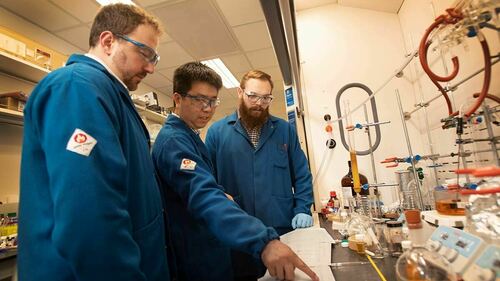
Researchers from the University of Notre Dame have developed small drug-targeting molecules that may be hundreds to thousands of times more effective at delivering potent drugs to desired sites of disease, including cancer.
According to the study published in ACS Central Science, a compound was developed from a new material, described as an easily injected hydrogel, which acts as a “homing” cue to attract drug molecules to sites bearing a tumor. By this method, the same sites can also be re-targeted for repeat dosing of chemotherapy or other treatments as needed.
“Common strategies, including several clinically approved therapeutics, use antibodies to direct a drug to its target. While offering biological recognition, these approaches only deliver a very small percentage of the drug to the site where it is needed while the remainder of the drug may circulate in the body for a very long time and cause increased toxicity,” said Matthew Webber, assistant professor in the Department of Chemical and Biomolecular Engineering and senior author on the study. “As toxic as chemotherapy is, accurate drug-targeting paradigms are key to improving both the effectiveness of treatment as well as the quality of life for patients.”
Instead of large protein-based targeting, Notre Dame researchers opted to use a small molecule. The size of the molecule is intended to improve tissue distribution and enable access to the desired site. In the case that the molecules do not make it to their target, their size also allows them to clear rapidly from the body, helping limit toxicity from chemotherapy.
“Our goal was to think about drug targeting in a new way,” said Lei Zou, postdoctoral researcher in chemical and biomolecular engineering and lead author on the study. “This approach has allowed us to create something very different from what is currently available in the market, with the potential to improve the chemotherapy treatment experience for cancer patients.”
The study was co-authored by Adam Braegelman, graduate student in the Bioengineering Graduate Program, and was funded by an American Cancer Society Institutional Research Grant through Notre Dame’s Harper Cancer Research Institute. Webber is an affiliated member of the Harper Cancer Research Institute, Advanced Diagnostics and Therapeutics at Notre Dame, the Notre Dame Center for Nanoscience and Technology and the Warren Center for Drug Discovery.
Contact: Jessica Sieff, assistant director of media relations, 574-631-3933, jsieff@nd.edu